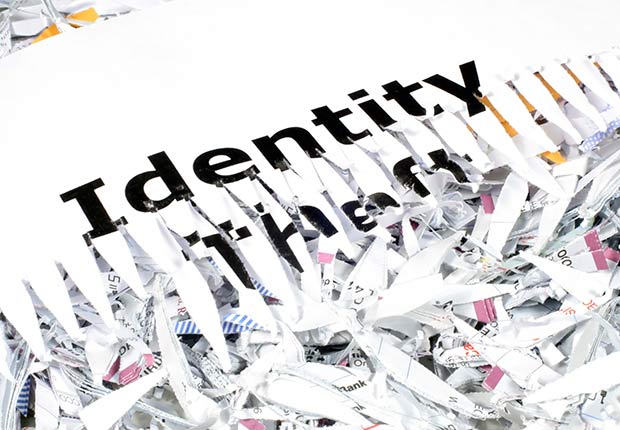AARP Hearing Center

Scam artists have long made off with your money by pretending to be somebody else. Now, they’re pretending to be you.
According to federal data, identity theft in 2022 became the most prevalent form of fraud reported in Michigan, replacing impostor scams.
The Federal Trade Commission says Michigan consumers filed nearly 22,000 reports of ID theft in 2022. Nationwide, ID theft is also the top category, making up 21.5 percent of reports in 2022 — more than 1.1 million for the year, the data shows.
“It’s a 24/7 operation and you don’t have to leave your house to become a victim,” says AARP Michigan Associate State Director for Outreach Brenda Price. AARP plans to host an event with the FBI in April to help consumers avoid scams.
For AARP, consumer groups and law enforcement agencies, the increases in identity theft come as the state is battling a rash of other kinds of fraud, from improper charity solicitations and grandparent impostor schemes to work-from-home and investment scams. Aside from identity theft, Michigan consumers filed more than 49,000 fraud reports in 2022.
Stolen data on ‘dark web'
What starts on the “dark web” — an online venue accessible through special software — can result in a criminal using your credit card to buy goods and sell them for cash.
That’s what happened in a major case in Michigan involving eight members of a fraud ring based in metro Detroit. According to court documents and the U.S. attorney for the Eastern District of Michigan, ring members used stolen information to buy gift cards and other goods at Walmarts around the country, resulting in at least $2.1 million in fraud. Ring members pleaded guilty for this and a related case and were sentenced to between two and eight years in prison. The prosecution concluded in 2022.
The criminals had used credit card information found on the dark web to create fake cards. In one instance, they cloned the credit card of an older Florida resident and tried to use it at a store in Arkansas. The victim told her credit card company she wasn’t in Arkansas and had the card deactivated. But the criminals then impersonated her and answered security questions, getting the card reactivated. On that and another card, they rang up $95,000 in gift cards and goods, including Doritos, video games and contraception.
“Fraud is at an epidemic proportion,” says Kathy Stokes, national director of AARP fraud prevention programs. “We’ve never seen this much fraud happening in this country.”
One of the most common ways it’s happening is also one of the easiest to fix: weak passwords. AARP recommends using a unique password for each account, monitoring credit reports and accounts, using transaction alerts, enabling two- factor authentication, and using a virtual private network, or VPN, for public Wi-Fi protection.
Criminals stung Annie Mae Holt, 75, of Detroit, a couple of times by posing as legitimate businesses. Once, she signed up to receive an item she thought was from Costco. It wasn’t. And then unauthorized charges started appearing on her credit card.
“It really enraged me because they used the Costco logo and I love me some Costco,” says Holt, who volunteers as an AARP fraud presentation leader.
“Even though I know how serious it is, I still have to remind myself,” she adds.
The AARP/FBI online event is Wednesday, April 19. Register at events.aarp.org/LAL4-19. Other anti-fraud plans in Michigan include paper shredding events in various cities, Fraud Watch presentations, and TV, radio and print campaigns in several markets.
Sarah Hollander is a writer living in Cleveland.
For more on Scams & Fraud































































